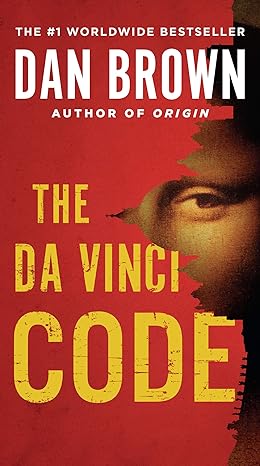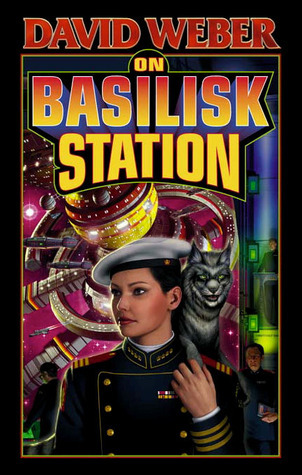The Journey of Writing a Novel
Challenge of Plot Complexity
I am writing a novel. While I want to add enough plot to keep the reader turning the pages, I don’t want to write such a plot to overwhelm me as the author and forget loose ends.
This blog is about overwhelming plot complexity.
Some authors can create intricate plots with complexity with ease. In The Da Vinci Code, by Dan Brown, a character involved with the Priory of Sion is discovered in the plot. By adding this revelation, he introduces layers of mystery by tying historical artifacts, secret societies, and murder into a broader conspiracy.
Authors may look to extend for a series by dropping plot elements that will be used in future novels. In On Basilisk Station by David Weber, a key passage that adds complexity to the plot and hints at a larger series occurs when Honor Harrington reflects on the political tensions surrounding the Basilisk system:
“The Basilisk System wasn’t important enough to fight over, unless someone wanted to use it as a pretext for something bigger. And that ‘something bigger’ could be the first pebble in an avalanche that might bury the Star Kingdom of Manticore under a war it couldn’t win.”
This moment expands the stakes beyond the immediate conflict, hinting at the broader geopolitical struggles and the potential for escalating tensions that drive the Honorverse series. It sets up Honor’s role not just as a military officer, but as a pivotal figure in a much larger, interstellar conflict.
The issue is some writers can overcomplicate their stories, weaving in too many subplots and additional characters that they lose track of the main narrative. Writing a novel that has multiple interconnected storylines, too many interwoven timelines or subplots, or too many protagonists, can obscure the main plot. Also, dense world-building which introduces layers of mythology, political systems, and cultural details, but doesn’t directly impact the characters or advance the plot, can cause reader fatigue. It becomes frustrating to the writer, making them want to abandon the project. The solution is to strip your story back to its core and ensure every subplot serves the main narrative. Tools like outlines or storyboards should be used to keep track of characters and events.
Overwhelming plot complexity isn’t a problem—it’s a sign that your story is rich with possibilities. The act of writing it all down will help you see the connections and decide what to keep or simplify later. You’re building a world, and that’s an extraordinary achievement!
Please read and review my serial publishing novel, Sparrow’s Legacy, on Kindle Vella. You can read the first three chapters free on Amazon by searching for “Sparrows Legacy Kindle Vella” or clicking here. My debut SFF novel, the space opera Drayton’s Discoveries is available on Amazon. For the love of all fantasy and SFF, if you read something please leave a review. Feedback is my sole sustenance for writing. Don’t let me starve.
For those trying the writing game, I want to give a quick shout-out to PLOTTR software. I’ve found it has really improved my writing game and increased my efficiency tremendously. It is my new favorite writing aid. Use any of my affiliate links below and I might get a small commission. Thanks.
Check out my YouTube channel for PLOTTR videos @jlnichauthorsff
Joseph Michael’s Learn Scrivener Fast e-course
Please subscribe to my website if you want to be notified when I’ll be publishing or to get free samples of my work.
JL Nich, Science Fiction Fantasy Author






